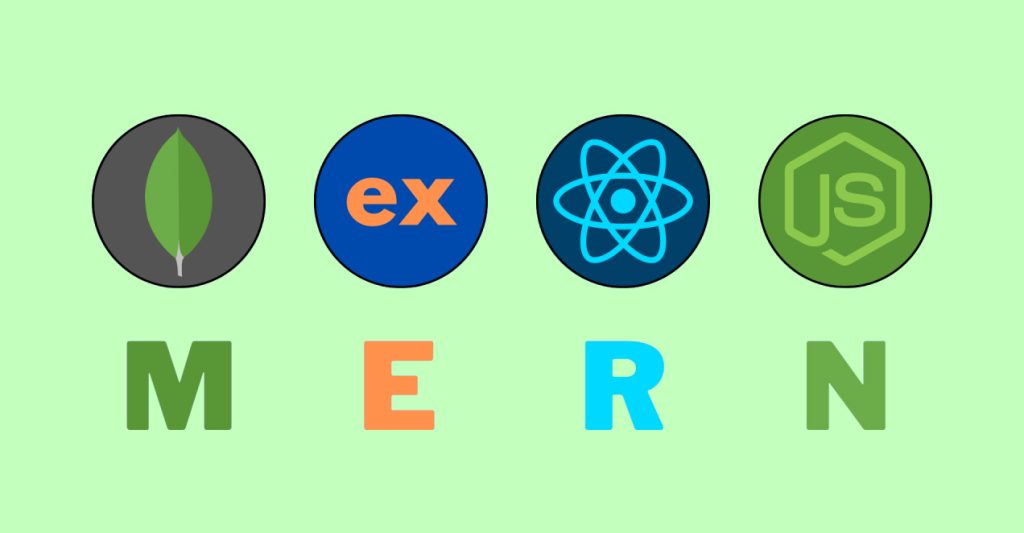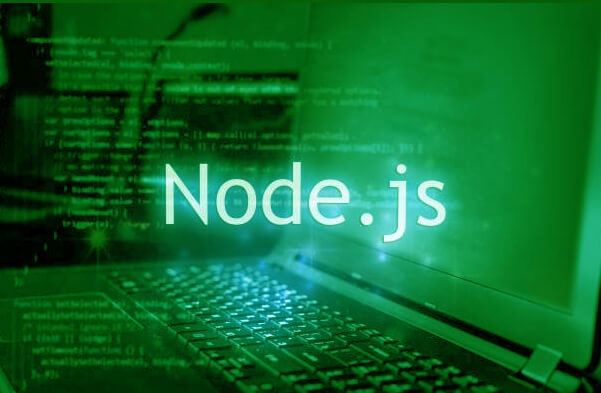In the evolving web development environment, MERN Stack has become a solid and popular choice for building robust and scalable web applications. Consisting of MongoDB, Express.js, React.js, and Node.js, the MERN package provides a complete JavaScript framework that integrates the front-end and back-end. In this article, we will examine the components of the MERN collection, their individual functions, and the benefits of using this collection of technologies for web development.
MongoDB: The NoSQL Database:
MERN starts with MongoDB, a NoSQL database that stores data in JSON-like BSON-compatible formats. MongoDB’s schema-free architecture allows developers to work with robust and scalable data structures, making it ideal for agile development. Its scalability and support for vertical scaling make it an excellent choice for applications with diverse and growing data needs.
Express.js- The Web Application Framework:
Express.js is a lightweight and flexible web application framework for Node.js. It simplifies the process of building robust, scalable web applications by providing frameworks and tools for managing routes, middleware, and HTTP requests and responses. Express.js works as a backend for web application framework within the MERN stack, enabling the creation of RESTful APIs and handling server-side logic.
React.js: The Front-End Library:
At the heart of the MERN Stack front-end is React.js, an expressive and well-defined JavaScript library developed by Facebook. React.js helps create interactive user interfaces by allowing developers to create reusable user interface elements. Its virtualized DOM makes rendering and updating efficient, contributing to a smooth and responsive user experience. React.js is best for creating single page applications (SPAs) where the UI updates quickly without the need to reload the entire page.
Node.js: The JavaScript Runtime:
Advantages of MERN Stack:
Full-Stack JavaScript: MERN enables developers to use JavaScript across the entire application stack, simplifying development and encouraging code reuse between front-end and back-end.
Real-Time Capabilities: Combining Node.js and React.js, MERN enables real-time data-driven application development, making it suitable for applications that require instant updates and collaboration.
Scalability: MERN components are designed to be scalable, making it easier to manage a growing user base and increasing data load. Horizontal scaling can be achieved using MongoDB’s sharding capabilities.
Rich Ecosystem: Each component of the MERN Stack has a vibrant and supportive community that contributes to a rich ecosystem of libraries, tools and resources. This ensures that developers have access to a wide range of solutions for different development challenges.
Conclusion:
MERN Stack has become the preferred choice for developers looking for a full-stack JavaScript solution that combines flexibility, scalability, and real-time functionality. Whether you’re building a dynamic web application or a single-page application, MERN’s consistent integration of MongoDB, Express.js, React.js, and Node.js provides a powerful and efficient development environment. As the web development landscape continues to evolve, MERN Stack is a testament to the power and versatility of JavaScript in building modern, feature-rich applications.






